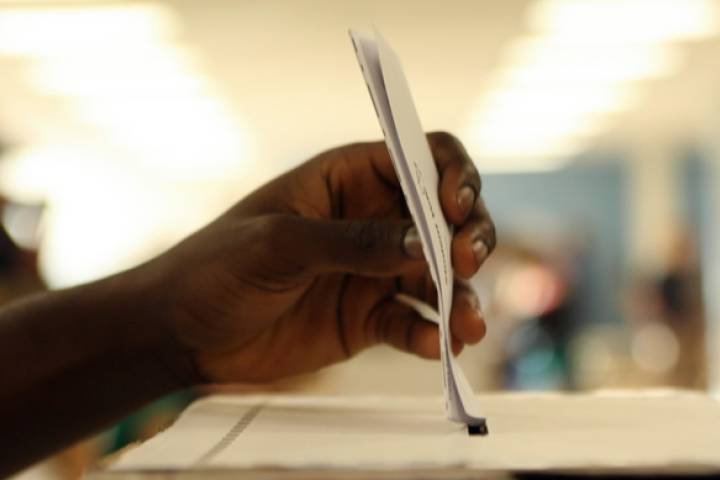Calgary city council received a preliminary update Monday on the 2017 municipal election and the next steps going forward to improve the system.

City clerk and returning officer Laura Kennedy said she has asked the city auditor to conduct a root-cause analysis of what occurred and to reach out to other cities on how they run elections.
“We will be reaching out to consultants to assist us in the four-year program that is sustainable through continuous review and improvement,” she said.
Kennedy said she is considering moving to a system where, instead of being stored at the northeast election office, a stockpile of ward ballots may be stored closer to neighbourhoods.
She said during the 2017 municipal election, ballots were kept in various wards but the city had trouble keeping up with demand.

Get daily National news
The number of ballots printed exceeded the number of voters, according to Kennedy, who added that each of the 166 voting stations had 60 per cent of the required ballots for mayor, 40 to 45 per cent for councillor and 30 to 35 per cent for school trustee. She said they had trouble getting the ballots out fast enough.
WATCH BELOW: Limping moose temporarily blocks couple from voting in 2017 Calgary election

Councillor Shane Keating, meanwhile, questioned whether census numbers were considered when deciding how many polling stations would be located in each ward.
Kennedy said the city will be looking at more options for polling locations as part of her review.
She said she hopes to speed up the ballot-counting process and would like provincial approval to count advance votes before polls close on election day. Her review will also look at electronic voting as an option for future elections.
The report also dealt with the slow response on the city’s website when it came to delivering vote results. The city said load-testing suggested the server could handle 148 hits per second, which is two times the volume of the 2013 election. However, on Oct. 14, the website drew an average 437 hits per second and peaked at 812 hits per second.
A report on steps that can be taken to improve the election process will come back to city council in the third quarter of 2018.






Comments